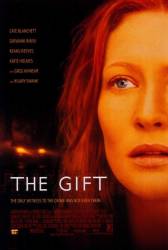
Question: When Annie and her boys are coming home from the neighbour's place, next door, there's a blue light coming from the main bedroom. Leaving her boys, Annie goes into the house and there is all this noise that sounds like a radio not completely tuned in, of an evangelist preaching really loudly. Now, where is all this noise coming from: Annie's mind, Donnie's car radio parked outside? Or is it just for our benefit?
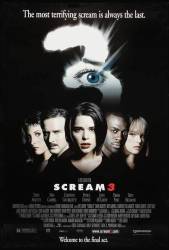
Question: Was Roman just playing dead in the coffin or was it a dummy? Hard to believe that he could be pretending because Gale checks his pulse.
Answer: No it was Roman. There is a technique you can do where if you apply pressure on the correct artery you can stop the pulse. EXTREMELY dangerous though.
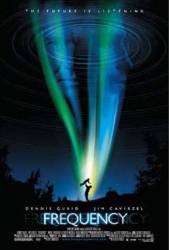
Question: Why did John's house suddenly alter so drastically when Jack's hand was blown off in the past? Did this one event somehow turn John into a better interior decorator?
Answer: Because the house is no longer John's. In this universe, his parents still live there.
Or he lives there and his wife redecorated.
I always took the scene at the end with Julia and Frank getting in a packed car with an older looking Elvis as them moving and leaving the house for John. And as I said above John's wife must have moved in and decorated.
Answer: The house changed because John's life changed, with both his parents alive to nurture and guide him, he became a different person. Different lifestyle and attitudes.
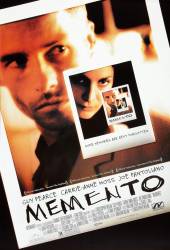
Question: I still don't understand why Leonard switches clothes with Jimmy and steals his car after he kills him. "I'd rather be mistaken for a dead guy than a killer." That makes absolutely no sense. Driving around in Jimmy's car and wearing his suit would make him the prime suspect in the investigation. He was much safer when he was just an anonymous guy driving around in a pickup truck.
Answer: It is never explicitly given. The most Leonard says on the subject is: "I'd rather be mistaken for a dead guy than a killer." Speculations include (you can make up your own motives as well) : (1) The clothes and car are so much nicer than his. If you are willing to kill someone: stealing is not really a "crime." Why not take the nicer objects? (2) It could be part of his "routine": Kill a man, take his clothes and car. The clothes he had on and the truck may be from the man he killed a year ago. (3) It could be that he wants to make the killer of his wife suffer even more, and takes his clothes as a way of humiliating him. Leonard takes the man's life-his clothes and car, which are wrapped up in his identity-just as the man took his. This idea seems to work with a theme in Memento about "Identity" (especially mistaken identity). Natalie thinks Leonard is Jimmy, then thinks he is Teddy, then learns he is Leonard. Teddy is "mistaken" for the second killer, Jimmy is "mistaken" for the 2nd killer. Sammy's story as a part of Leonard's story, etc. (4) It could "simply" be explained as a "plot device": Leonard has to do it, otherwise he won't find the note in "his pocket" and meet Natalie. (5) Leonard doesn't want to admit he's a murderer. He's lying to himself. If he's the victim, then he cannot be the murderer. (6) Leonard takes Jimmy's clothing as part of his routine of killing J.G.'s he becomes another person, he's the victim not the killer, thus "I'd rather be mistaken for a dead guy than a killer." and that's why he also takes his car, so he has to, once again, find his wife's killer and kill him.
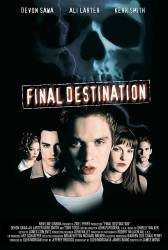
Question: On the back of the PAL DVD there is a picture of Alex holding back Clear from a car during the day. It looks to be at the place where Terry was killed. Does anyone know if this is a deleted scene not on the DVD? Also, on the commentary the makers of the film said that they shot the bus hit from inside the bus, as well as from the side. Does anyone know where these scenes are now?
Answer: The scene where Terry was killed was most likely shot during the day. It is quite common for film makers to film a scene during the day to get the right lighting effects and then later CGI the night sky and the proper shadowing. This is most effective when you have an area that would otherwise be too dark or have environment that wont allow for the proper lighting for a night shoot. As for the bus, your guess is as good as mine.
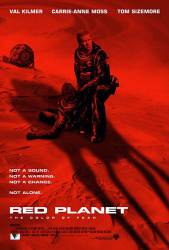
Question: The ship is hit by a solar flare. But in that case shouldn't Earth advise them about the solar flare incoming? It is supposed that the Sun is constantly watched for solar flares, in case a human mission is en route. Shouldn't mission control on Earth be watching for any unusual solar activity to advise the crew? And they could warn them with time because radio waves go faster than solar flares.
Answer: The ship is not hit by a solar flare, it is hit by a gamma ray burst. It is a completely different, much more violent phenomena.
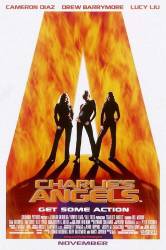
Question: Does anyone know the story behind the "Creepy Thin Man?" Like why he likes to pull hair and smell it? Anything that helps me understand his character is appreciated.
Answer: This character gets a backstory in the sequel (Charlie's Angels Full Throttle). Supposedly he was a runaway from a circus, who found refuge at an orphanage. He didn't much like haircuts when he was little.
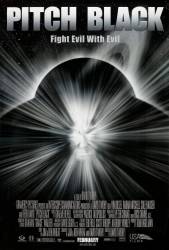
Question: How did Carolyn get out of the cave and make it to the ship without being killed?
Answer: She had a jar of the light bugs that kept the creatures away.
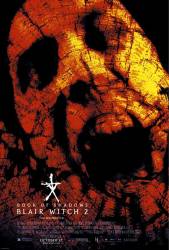
Question: On the DVD (UK, not sure about anywhere else) there is a feature called 'the secret of esrever', which tells you to look for very subliminal hidden images in the film - I have looked so many times and there is still one I can't find - does anyone know where the 'water' one is? The only thing I can see is what looks like an owl's head made out of the trees in the scene where the woman is drowning a baby in the lake. If this is it how does it relate to the film? Also is there a message in the images? There are a few words but I can't make a sentence out of them.
Answer: In the scene where the baby is submerged in the water, watch the lower right-hand side of the screen. You'll see the shadow of a stickman emerge and come higher into the frame.
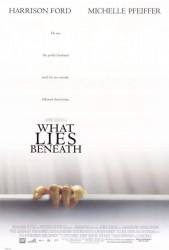
Question: When Norman says the guy "that wrote that book he loves" (Shumway?) congratulated him on Spencer's Theorem, then Claire says "He didn't know your father was dead?" and Norman says "He knew". What does one thing have to do with the other? I've seen this movie at least 20 times and I can't figure out this conversation.
Chosen answer: Spencer's theorem was Norman's father's theorem. Norman wants to be greater than his father was, so to be accidentally complemented on something that his father did would be bad enough. To say that the guy knows that his father is dead is to imply that the guy probably insulted him intentionally.
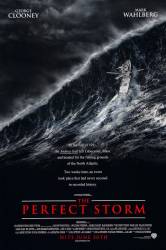
Question: What happen to Diane Lane's character in real life?
Answer: Diane Lane played Christina Cotter, Bobby Shatford's girlfriend. As of 2007, Christina was living with her new boyfriend in the White Mountain area.
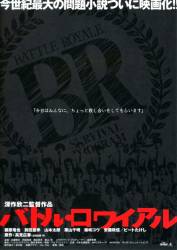
Question: In the original novel, it was Shogo (not Shuya) who hacked the system to discover how to disable the collars; at the same time he found out that the class would be doing the Battle Royale and transferred into that class to try and use his knowledge to mess it up. In the film, the person who found out how to disable the collars and the person who found out about the Battle Royale and transferred into it are different people. Does anyone know why this change was made?
Chosen answer: Kawada hacked the system, learned about the collars, and transferred voluntarily to the class he knew would be participtaing in both versions. The only difference is when he transferred: in the book, it was right after his win, and in the film it was just for the battle. Shuya never hacked anything in either the book or the film. As to why the change was made, I can only assume that, given the shortening of novels involved in film making, it's easier to make Kawada a complete stranger than a loner that the kids recognize.
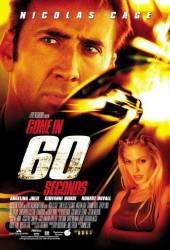
Question: In the scene leading up to where the mirror is knocked off and the car stalls, there appears to be a billboard in the background with a cowboy with his head in profile. In large letters above it is what appears to be the word "Impotent." (Not "Important"). Does anyone know what is with that?
Answer: That billboard was part of an anti-smoking campaign from about 18 years ago. The image mocks the iconic Marlboro Man, with the cigarette in his mouth flaccid and drooping. The word "Impotent" is rendered large in the same type style as the old Marlboro logo. In much smaller text (not visible in the film), the sign reads, "WARNING: Smoking Causes Impotence."
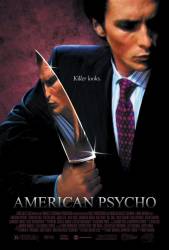
Question: Did Patrick really kill anybody or was it all in his mind? He killed a homeless man but there's no news report about it on TV. He murders Paul but is told Paul is in London. He severely beat and bloodied two prostitutes but no cops show up to arrest him. He murders Elizabeth and Christie but when he goes back to the apartment later, it is empty and put up for sale.
Answer: The situation is intentionally left vague. The homeless man being murdered wouldn't necessarily make the news in the time (there were over 4000 murders in 1989-90 when the book and movie are set). He and his friends are so alike that they continually mistake each other for others. The prostitutes would likely be loathe to call the police because they might be arrested themselves and he would likely get off with a much better lawyer.
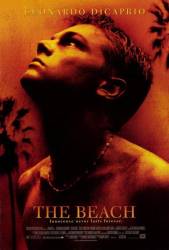
Question: What is the alternate ending and start to this film as shown on the DVD version?
Chosen answer: In the alternate beginning, Richard is sitting in front of the large Buddha statue when a taxi driver stops and prompts him to take a ride with him. He explains that they celebrate New Year's by spraying each other with water guns, and gives one to Richard. While riding in the taxi, Richard sprays others and gets sprayed, having a lot of fun. It ends when Richard enters the "mall" where he will eventually meet the guy who offers him to drink the snake blood in the regular movie beginning. In the alternate ending, Sal turns the gun on herself and commits suicide. It ends by having a large ship rescue all of them when they're stranded at sea, banned from the island. The final words by Richard are something to the effect of "I have a lot of scars," which from what I recall is the actual ending of the novel by Alex Garland.
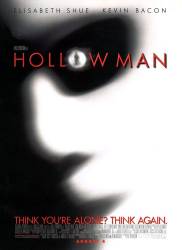
Question: What is the song playing when Kevin Bacon is driving his car? It wasn't "Power Struggle" by Sunna.
Answer: Do you mean the scene where he is invisible, wearing his mask? If so, the song is called Charlie Big Potato by Skunk Anansie.
Answer: I checked the movie's credits (original concept, I know) then I listened to the song in the film and found the lyrics at http://www.letssingit.com/sunna-power-struggle-1bdk7zz.html and http://84210992.home.icq.com/lyrics.html and I can assure you that it was, in fact, "Power Struggle" by Sunna.
Answer: It's actually Skunk Anansie. I know this song from memory and can attest as a fan of the movie and the scene.
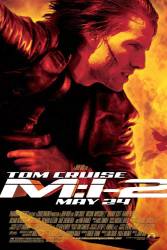
Question: Why didn't Ethan just give Nyah one of his guns after she infected herself? She could have easily killed Ambrose and others with a surprise attack since they were more interested in keeping her alive and she wanted Ethan to kill her anyway. She had better odds of surviving that way than the impossible plot that followed. She could have killed everyone but Ambrose and he may have let it happen in order to still have a chance at selling the virus.
Answer: Ethan did not want her to kill herself. Giving her a gun would allow her to do so.
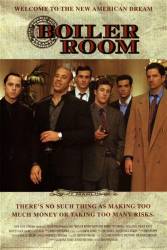
Question: Did the arriving FBI agents at the end of the movie let Seth leave because they knew he was going to testify against the firm?
Answer: Yes. Actually, with the help of Seth's dad, he cut a deal to testify.
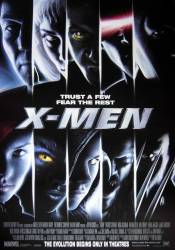
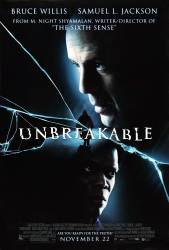
Answer: The TV in Annie's room.
The TV wasn't on before, and Annie is suspicious of the noise and light, which she wouldn't be if it was just the TV.